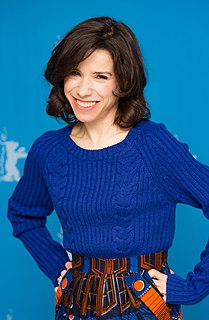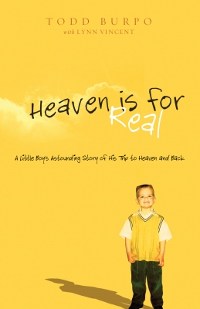A Quote by Gore Vidal
Young people are more hopeful at a certain age than adults, but I suspect that's glandular. As for children, I keep as far from them as possible. I don't like the sight of them. The scale is all wrongs. The heads tend to be too big for the bodies, and the hands and feet are a disaster. They keep falling into things. The nakedness of their bad character! We adults have learned how to disguise our terrible character, but children, well, they are like grotesque drawings of us. They should be neither seen nor heard, and no one must make another one.
Quote Topics
Adults
Age
Another
Bad
Bad Character
Big
Bodies
Certain
Certain Age
Character
Children
Disaster
Disguise
Drawings
Falling
Far
Feet
Grotesque
Hands
Hands And Feet
Heads
Heard
Hopeful
How
Keep
Learned
Like
Make
More
Must
Neither
Nor
Our
People
Possible
Scale
Seen
Should
Sight
Suspect
Tend
Terrible
Than
Them
Things
Too
Us
Well
Wrongs
Young
Young People
Related Quotes
There are great parents of small children - they keep their little hair in bows - but those parents are not always good parents of young adults. As soon as their children get up to some size, it's "Shut up, sit down, you talk too much, keep your distance, I'll send you to Europe!" My mom was a terrible parent of small children but a great parent of young adults. She'd talk to me as if I had some sense.
Children are often envied for their supposed imaginations, but the truth is that adults imagine things far more than children do. Most adults wander the world deliberately blind, living only inside their heads, in their fantasies, in their memories and worries, oblivious to the present, only aware of the past or future.
Young children learn in a different manner from that of older children and adults, yet we can teach them many things if we adapt our materials and mode of instruction to their level of ability. But we miseducate young children when we assume that their learning abilities are comparable to those of older children and that they can be taught with materials and with the same instructional procedures appropriate to school-age children.
I'm always loath to make generalizations about what is for children and what isn't. Certainly children's literature as a genre has some restrictions, so certain things will never pop up in a Snicket book. But I didn't know anything about writing for children when I started - this is the theme of naïveté creeping up on us once more - and I sort of still don't, and I'm happy that adults are reading them as well as children.
Although adults have a role to play in teaching social skills to children, it is often best that they play it unobtrusively. In particular, adults must guard against embarrassing unskilled children by correcting them too publicly and against labeling children as shy in ways that may lead the children to see themselves in just that way.
The new concept of the child as equal and the new integration of children into adult life has helped bring about a gradual but certain erosion of these boundaries that once separated the world of children from the word of adults, boundaries that allowed adults to treat children differently than they treated other adults because they understood that children are different.
Many teachers think of children as immature adults. It might lead to better and more 'respectful' teaching, if we thought of adults as atrophied children. Many 'well-adjusted' adults are bitter, uncreative, frightened, unimaginative, and rather hostile people. Instead of assuming they were born that way, or that that's what being an adult entails, we might consider them as people damaged by their education and upbringing.




































